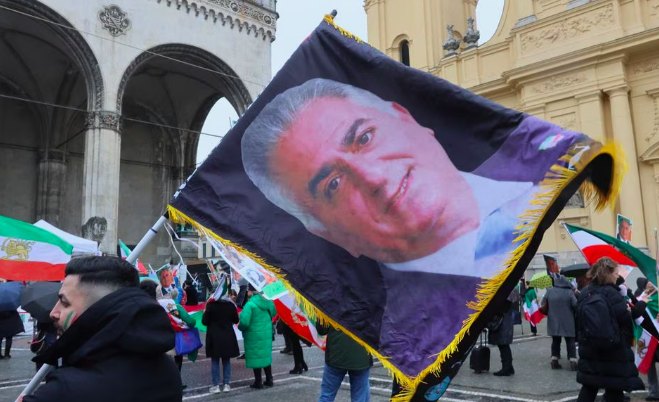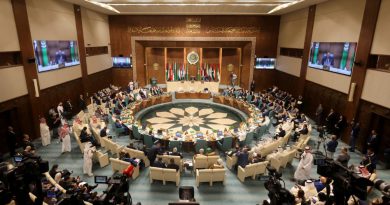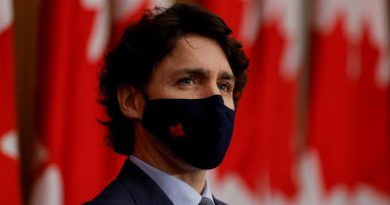Time to ramp up support for Iranian people, former Shah’s son says
Reuters
Pahlavi said the priority now was for unity, with in the end a democratic system decided by Iranians.
A group of exiled Iranians will increase support for opposition movements in the country so they can continue to pressure the authorities there, amid a crackdown on protests, the last heir to the Iranian monarchy said on Saturday.
Iran has been rocked by unrest since the death in police custody of a young Iranian Kurdish woman in September after she was detained for flouting a strict Islamic dress code. The protests are among the strongest challenges to the Islamic Republic since the revolution.
Eight Iranian exiled dissidents, including Reza Pahlavi, the exiled son of the toppled Shah, discussed ways of uniting a fragmented opposition earlier this month, amid pro-government events marking the anniversary of the 1979 Islamic revolution inside the country.
“It’s important we have to have a component of domestic pressure on the regime because external pressure by sanctions weakens the system but it is not enough to do the job,” Pahlavi told Reuters in an interview on the sidelines of the Munich Security Conference.
“We are to looking at means on how we can support the movement back home,” Pahlavi said. “There is a lot of discussion on maximum pressure and more sanctions, but parallel to maximum pressure there needs to be maximum support.”
The Washington-based Pahlavi said the immediate focus would be to ensure Iranians had access to the Internet, help finance labour strikes through a fund, and find ways to ease money transfers to Iran.
Good, Bad And Ugly
Unlike in previous years, the Iranian government was not invited to Munich this year as a result of its crackdown, but also due to its support of Russia in the war in Ukraine. Instead, opponents to the Iranian governments were invited, while anti-government rallies took place in Munich.
Pahlavi has lived in exile for nearly four decades, since his father, the U.S.-backed shah, was overthrown in the 1979 Islamic Revolution.
Opposition to Iran’s clerical government is atomised, with no clear recognised leader. Pahlavi said the priority now was for unity, with in the end a democratic system decided by Iranians.
It remains unclear how much support Pahlavi has on the ground, but there have been some pro- and anti-slogans in demonstrations. Many Iranians remember the Shah’s secret police, Savak, and Pahlavi said he condemned what had happened then.
“We have to look at the good, bad and ugly, and that’s the only way we can progress in future,” he said, adding that Iran’s young population was savvy and knew that any future political system would need strong institutions to ensure the past was not repeated.
Western powers have been reluctant to speak to opponents to the ruling authorities, fearing a rupture in ties would harm efforts to release dozens of Western nationals held in Iran, but also kill any chance of reviving a nuclear deal between Tehran and world powers. However, that has begun to change.
French President Emmanuel Macron was filmed in Munich on Friday with U.S.-based women’s rights advocate Masih Alinejad.
“I would be very happy to meet you all together because this message of unity is very important,” Macron said.



